What's the best Halo game? As with many game franchises that court such massive fanbases, just asking the question can be divisive, but TechRadar has decided to risk it all with a definitive ranking of the mainline Halo games (sorry, Spartan Assault) by arguing about it amongst ourselves. Since the first Halo game launched on the original Xbox, the fortunes of both the game series and console maker have been tightly intertwined. And as the incoming Halo Infinite looms on the horizon after a one-year delay, the legacy of both the Halo franchise and the Xbox Series X console to an extent depend on its success. Whether or not you plan on playing Halo Infinite, it’s never been easier to access the Halo games of years gone by, with Halo: The Master Chief Collection (MCC) being available on Xbox Game Pass on PC and Xbox consoles, and on Steam on PC. MCC brings together anniversary editions of Halo: Combat Evolved and Halo 2, as well as the Halo 3, Halo 3: ODST, Halo Reach and Halo 4 games that launched on Xbox 360. The most recent installment, Halo 5: Guardians is also readily available to buy for Xbox One / Xbox Series X, and will be where you find the most online multiplayer action these days. Microsoft is a market leader when it comes to backwards compatibility – as well as forwards compatibility, with its Smart Delivery system for free next-gen game upgrades – and it’s no surprise to see its tentpole franchise get ongoing care and support in every console generation. But what really is the best Halo game, and how do the remainder compare with each other? Find out our takes below. Halo: Combat Evolved is the game that started it all, and it’s hard to give the game as much deference as it deserves. Microsoft making a game console seemed like a laughable prospect only 20 years ago, but its lineup of launch games proved otherwise, and Halo: CE was a massive part of that. Its vision of galactic warfare, alien technology, and humanity on the brink of defeat – while introducing one of gaming's best supporting characters, Cortana – captured the hearts of so many players, and showed that Xbox was here to stay. More than anything else, though, Halo: CE showed off what Bungie’s team could do with gunplay. The iconic pistol and assault rifle were introduced here, while the chance to flip between human and alien weaponry was inspired, making each encounter a thrilling chance to shake up the way you played. The opening levels of Halo: CE may still be the franchise’s best, with the chaos of a claustrophobic ship boarded by Covenant soldiers, leading into the calm and open vistas of a Halo ring – and it’s this tussle of on and off, fast and slow, hurting and healing, that makes Halo what it is. For all its successors, this is where the formula was forged, and that makes it the best Halo game, bar none. Halo Reach holds a special place in many gamers’ hearts, as the swansong of Bungie before it passed the mantle onto 343 Industires. This prequel game takes place on the planet of Reach, a farming planet that fell to the Covenant in the early years of humanity’s struggle with the galactic cult. This is a game that is all about goodbyes, both from Bungie and its array of Spartan characters, as Reach’s team of super soldiers are slowly picked off in a brutal battle for survival. The last-stand endgame, too, is one of the finest and most memorable levels in the franchise, and it’s hard not to shed a tear for what was lost. It’s not all frowns and sorrow, though. Reach’s campaign is a thrilling and off-beat look at the Halo universe, introducing new power-ups for sprinting, invulnerable ‘armor locks’, and hologram decoys. The spaceship battle level is a startling break in the pacing, too, pitting you against Covenant warships before putting you back, breathless, on the ground. The biggest tragedy? That the campaign ever ends at all. Ah, Halo 3. The game that called for players to ‘finish the fight’ was certainly worthy of the trilogy that it ended, even if Microsoft was never going to let the franchise end there. As the first Halo game to launch on the Xbox 360, it offered a big graphical upgrade over the first two iterations, with expansive and detailed levels that required real strategy to navigate, and incredibly explosive set pieces that stick in the mind years later. Who can forget blowing up a Scarab from the inside for the first time? We’re always sad to miss the chance to fight off Elites – a sad side-effect of the alliance made in the previous game – and the Cortana level will remain divisive for some. But the carefully-woven plot of this game through waves of Flood, hordes of Brutes, and the climax on the cusp of a Halo ring, makes this a truly varied Halo game that always earns its stripes. If Halo 3 was the game that helped cement the Xbox 360 as a genuine contender in the console space, Halo 2 was the litmus test that helped Xbox Live grow into the service it is today. The game’s multiplayer was the perfect companion for Microsoft’s burgeoning online services – and it also upped the ante from the first game considerably. It was so popular, in fact, that Microsoft only shut down the online servers in 2010. Multiplayer aside, Halo 2 also brought a number of innovations to the series. Regenerating health replaced the need to find first aid kits, dual-wielding was introduced for the first time, and the game let players step into the eight-foot frame of the Arbiter, a Covenant elite. Much like Halo: Combat Evolved helped popularize first-person shooters on consoles, Halo 2 paved the way for the likes of Call of Duty by making online first-person shooters a mainstay for console gamers. ODST is a curious entry in the Halo franchise, in that you don’t play as Master Chief at all. Instead, you play one of the UNSC’s Orbital Drop Shock Troopers – a rank of soldier that plummets into battle inside a protective missile – waking up from a crash landing in a ruined, Covenant-covered city and piecing together the events of the night before. The so-called ‘detective’ elements are light, with Bungie content to use a smashed-up vehicle or waylaid helmet as a prompt for a ‘flashback’ to another ODST’s mission. The tight alleyways and corridors are certainly a change from the usual vistas of other Halo games, while it’s hard not to feel underpowered compared to Master Chief’s usual capabilities (or underwhelmed by some of the scripted cutscenes). You’ll end up backtracking through a lot of areas, too. But ODST goes off the beaten path as a Halo game, encouraging you to put the pieces of this day-old warzone together, and deserves its fifth-place slot for that reason. Halo 4 was always going to be intensely scrutinized, perhaps unfairly, for being the first Halo game after Bungie passed on the baton for the franchise. But 343 Industries decided to bravely implement their own vision of where Halo was heading, which deserves some credit. While Halo has never really been praised for its visual fidelity in the past, Halo 4 was absolutely gorgeous when it released on Xbox 360, and presented the series in a much darker tone. The campaign was full of evocative moments, too, as Cortana battles against the ‘rampancy’ that is affecting her mental state. We’d like to have faced off against less Forerunner and Promethean enemies, of course, but overall it’s an entertaining ride. Halo 4’s multiplayer was where the game faltered, though, as it was a dramatic change from what Halo fans were used to. It tried to ape the speed and twitch-like nature of Call of Duty games, but unlike it’s successful muse, Halo 4 never felt satisfying to play. Needless to say, it wasn’t well-received, but many of its mistakes were corrected in Halo 5. Let's just say it – Halo 5: Guardians got a lot of things wrong. Its marketing campaign promised an exciting story that centered on a supposed betrayal by Master Chief, but that never actually transpired. Instead, we were left to chase Master Chief across the galaxy as Spartan Locke – one of the driest and most boring individuals we’ve ever encountered. We did at least get to play as Chief, but only sparingly, as the majority of the campaign’s missions revolved around Locke and his band of equally uninspiring teammates. Throw in dreary four-player co-op that never felt fun to play due to the awful Promethean enemies – and frankly broken AI when playing alone – and it’s easy to argue that Halo 5 might feature the worst campaign of the entire series. While it’s never a good idea to make a fan-favorite character into a heel, 343 Industries decided that Chief’s faithful AI companion, Cortana, would also turn rogue. Two of the series’ beloved stalwarts were now brandished as baddies, and unsurprisingly, that never sat quite right with fans. Halo 5’s campaign also assumed every player had read all of the Halo novels, and it’s story was horribly convoluted and bloated as a result. It wasn’t all bad, though – Halo 5: Guardians multiplayer was truly exceptional. After the missteps of Halo 4’s Call of Duty-esque approach, Halo 5: Guardians managed to successfully transition Halo’s legendary multiplayer modes into something fit for modern players. It didn’t get a pass from the purists, of course, but the gunplay, fluidity of movement and incredible multiplayer map designs makes us optimistic that Halo Infinite will at least nail this key aspect. It might seem unfair to pit Halo Wars 2 against the main entries in the series – it’s a real-time strategy game after all. But Halo Wars 2 is worthy of a mention, partly because the game’s main antagonists, The Banished, are the enemy faction you’ll face off against in Halo Infinite. Halo Wars 2 was a valiant effort that attempted to pack the core elements of the Halo universe into an RTS game. And in many ways, renowned strategy developer Creative Assembly absolutely achieved this. Halo Wars 2 is a fast-paced game that has a fairly engaging story that focuses on a new menacing villain, Atriox, and there’s a generous amount of content for players to delve into. While it’s almost an impossible task to cram everything that makes Halo great into an entirely new genre, Halo Wars 2 did a fine job at nailing the fundamentals, and it’s awesome to see armies of soldiers collide with Brutes and Covenant forces from a top-down perspective. If you ever wanted to be master and commander of a miniature Halo army, Halo Wars 2 lets you do exactly that. Developed by Ensemble Studios, Halo Wars takes place 21 years before the events of Halo: Combat Evolved. With sumptuous pre-rendered cinematics and a control scheme that worked extremely well on a controller, Halo Wars was a bold attempt to make the RTS genre work on consoles – and it certainly accomplished that goal. While Halo 2 expanded on many of its ideas, Halo Wars was generally well-received by critics and fans alike, and was the first time the series branched out from Master Chief’s core adventures. It may not be remembered as one of the best Halo games ever made, but if you never quite clicked with first-person shooters, it was great having the option to experience the Halo Universe as a real-time strategy game. 1. Halo: Combat Evolved
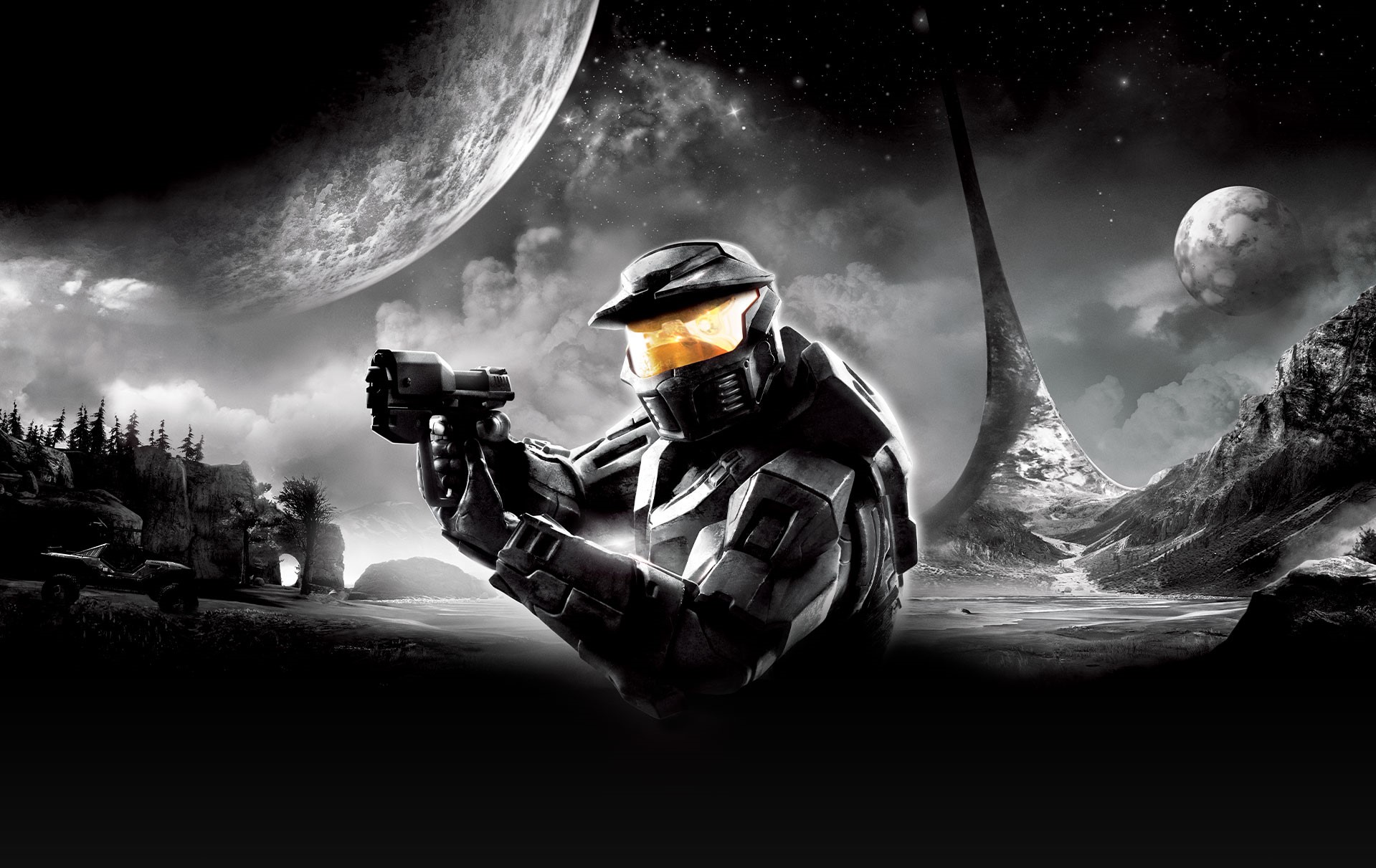
2. Halo: Reach
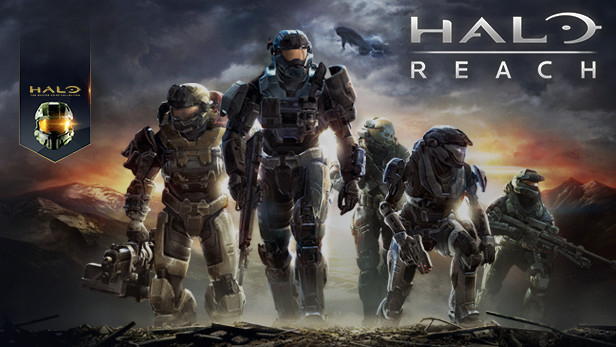
3. Halo 3
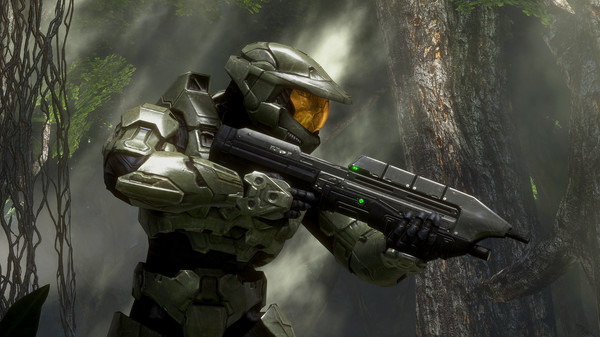
4. Halo 2
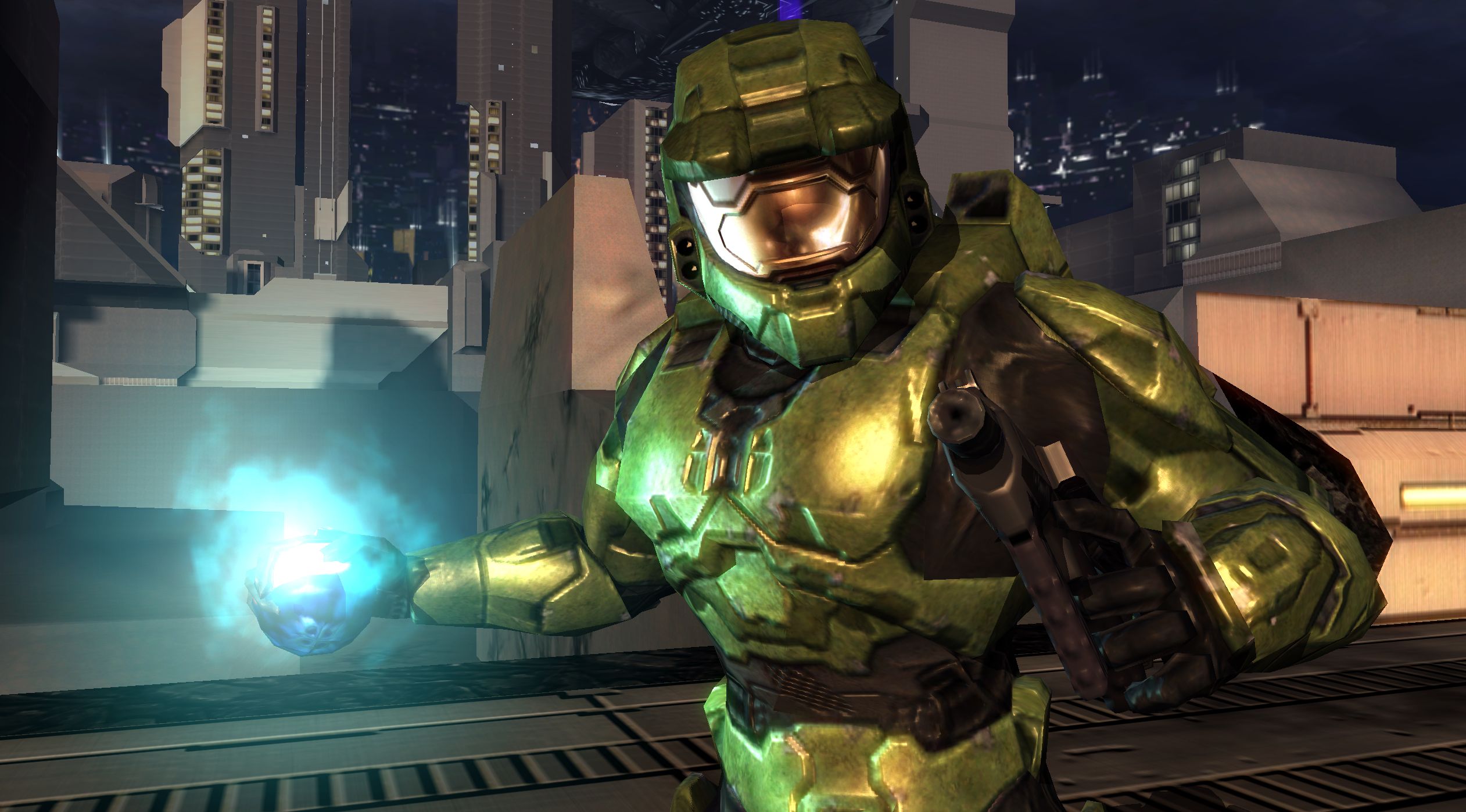
5. Halo 3: ODST
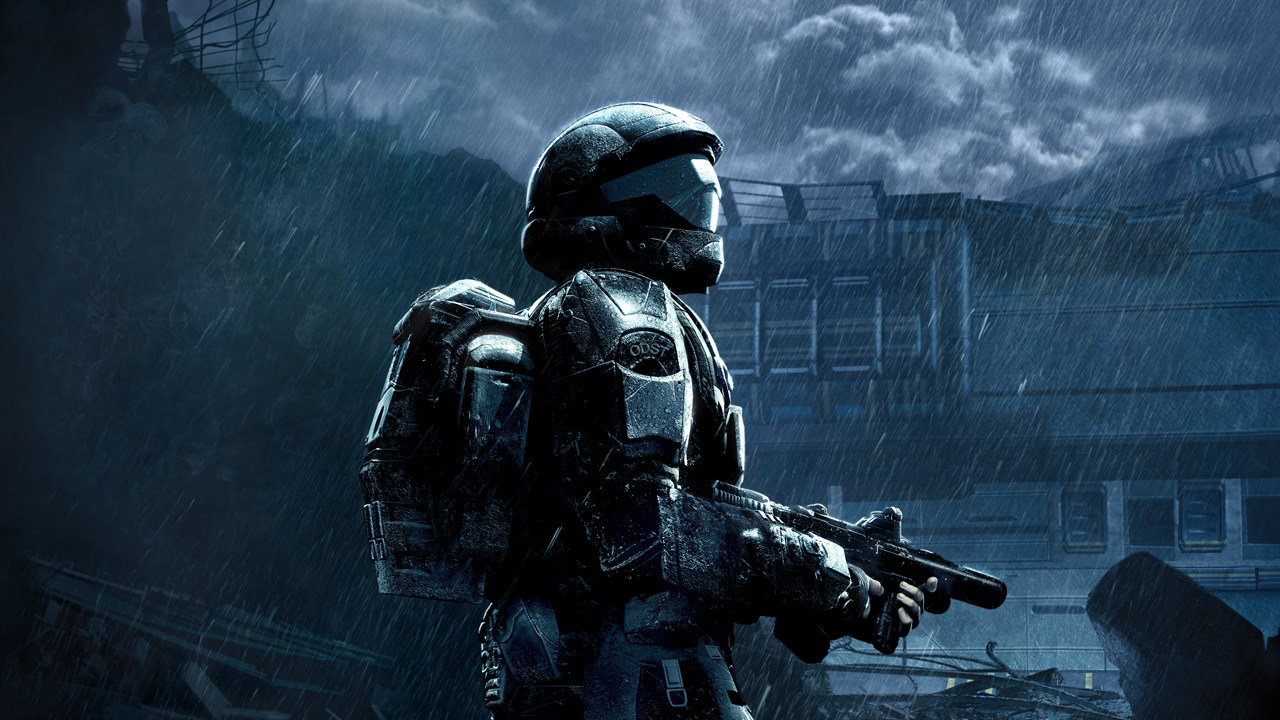
6. Halo 4
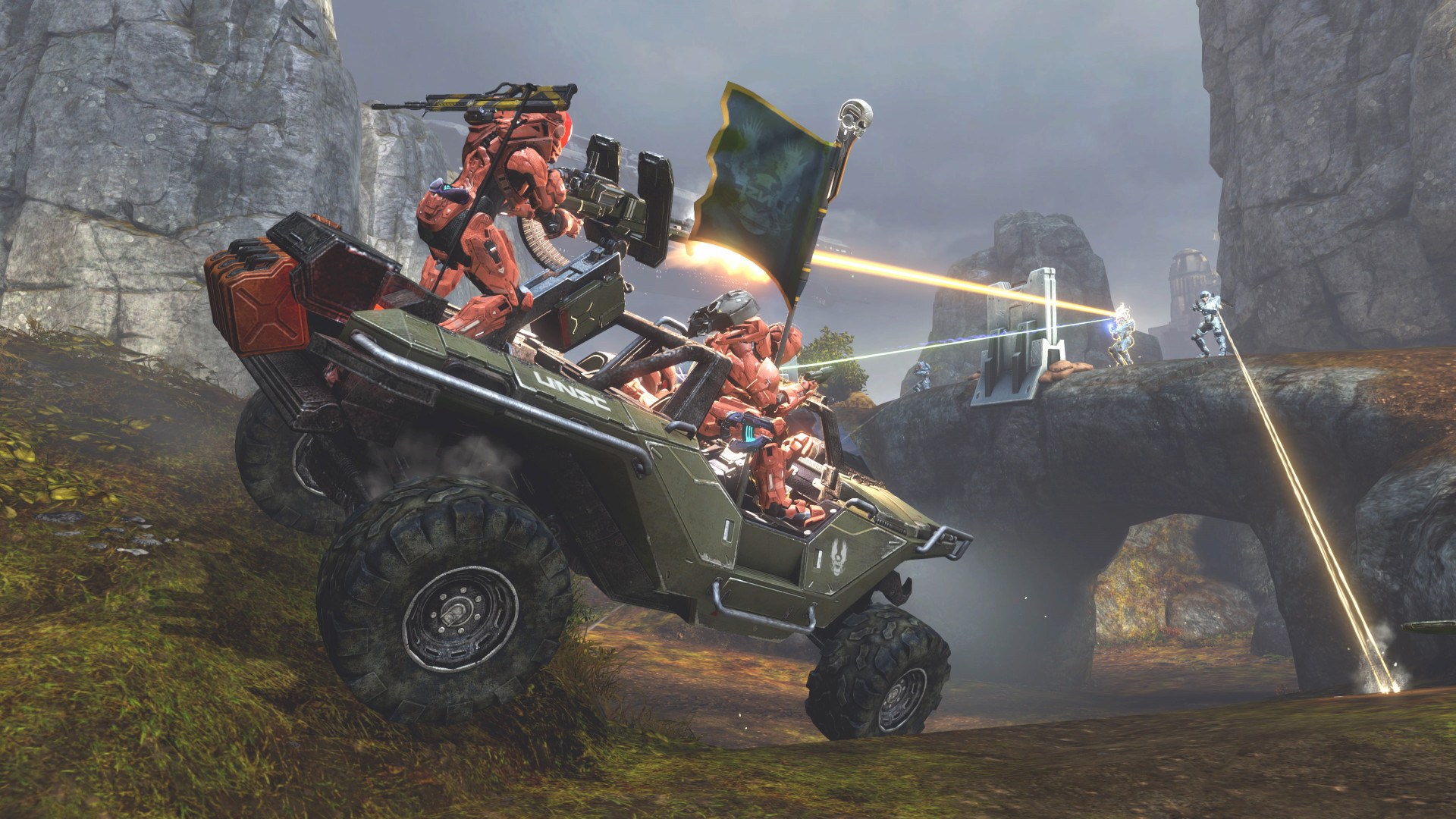
7. Halo 5: Guardians

8. Halo Wars 2
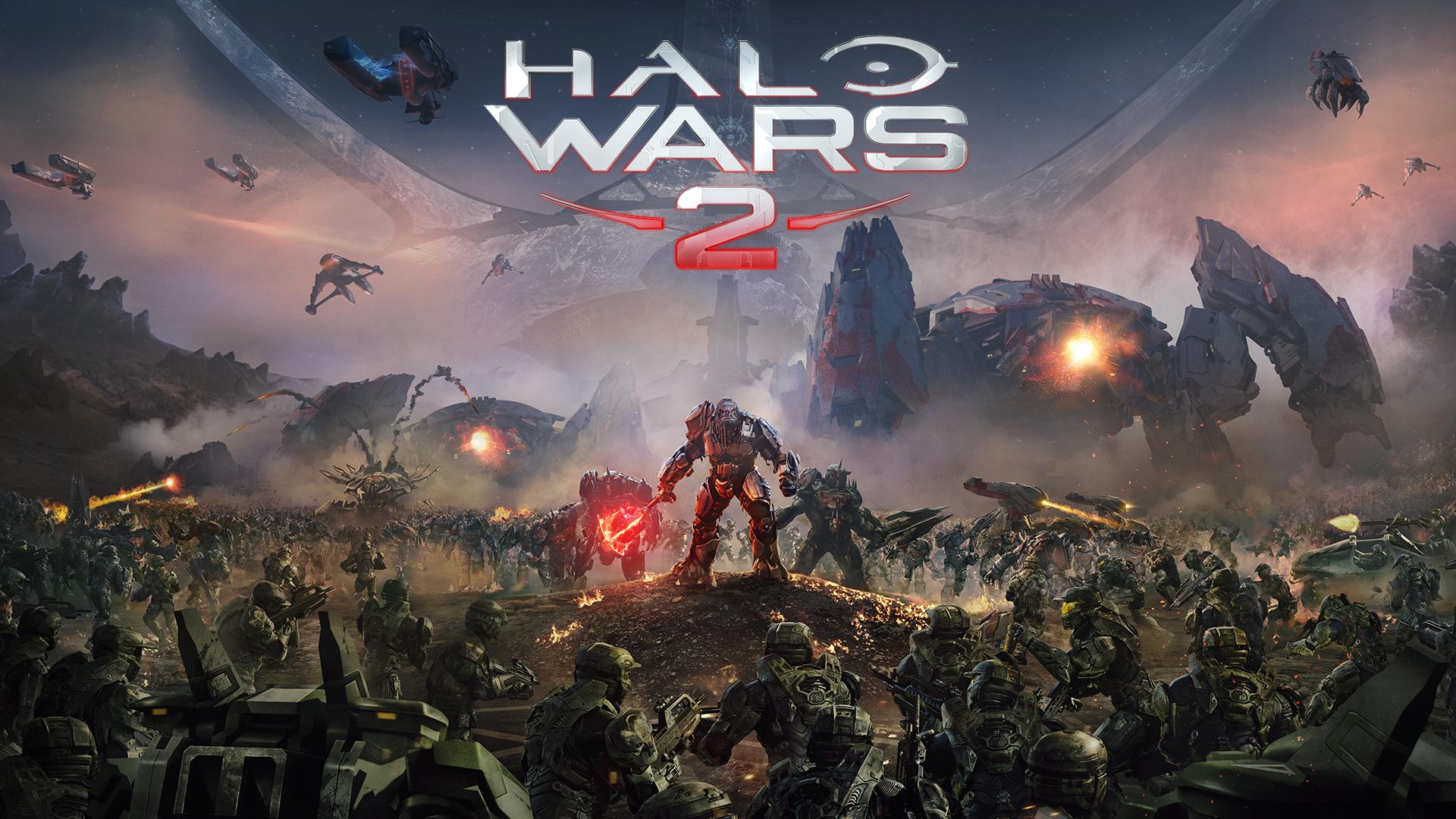
9. Halo Wars
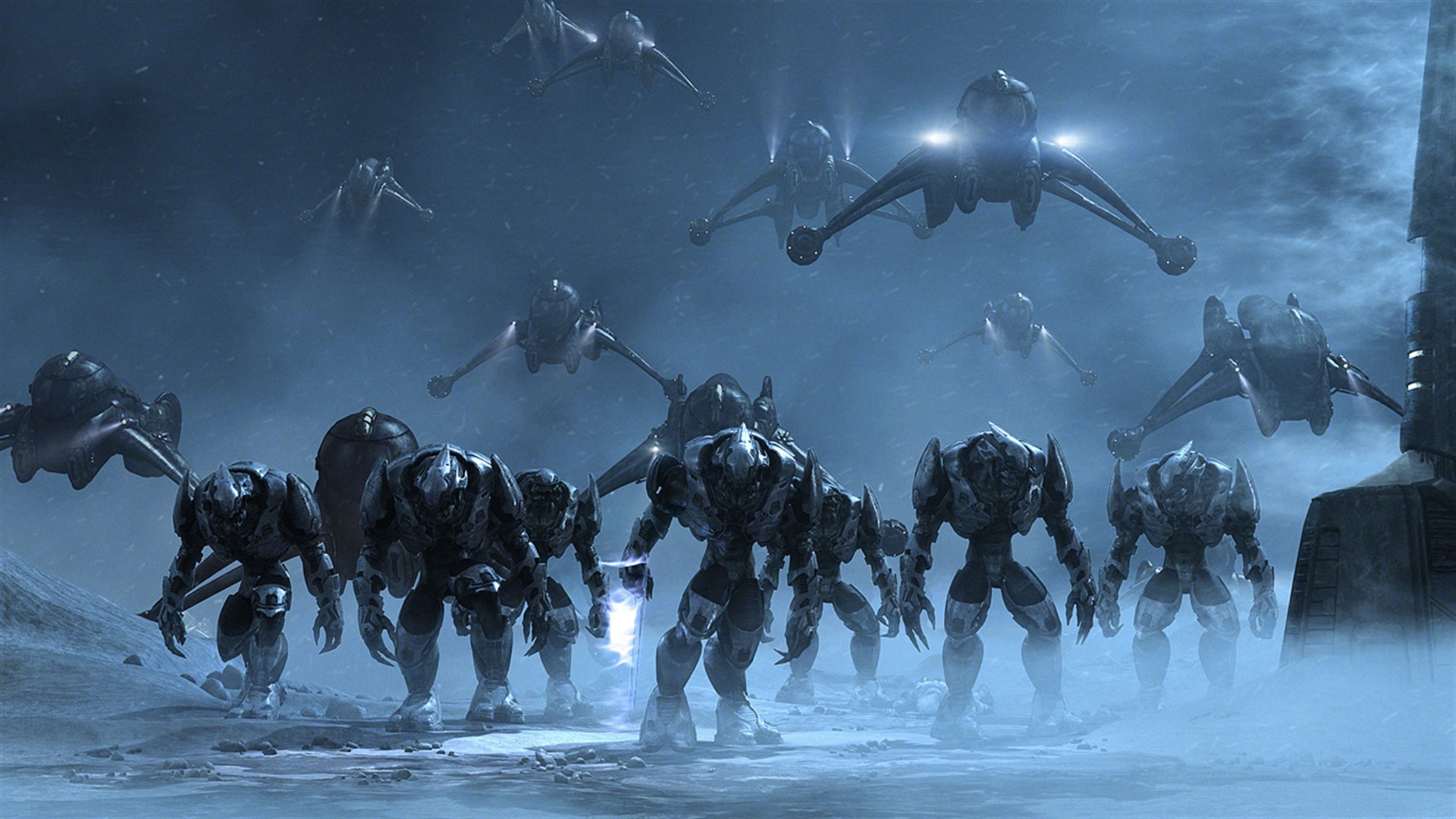
source https://www.techradar.com/news/best-halo-games/
Rule #21 of the internet: Original content is original only for a few seconds before getting old.


